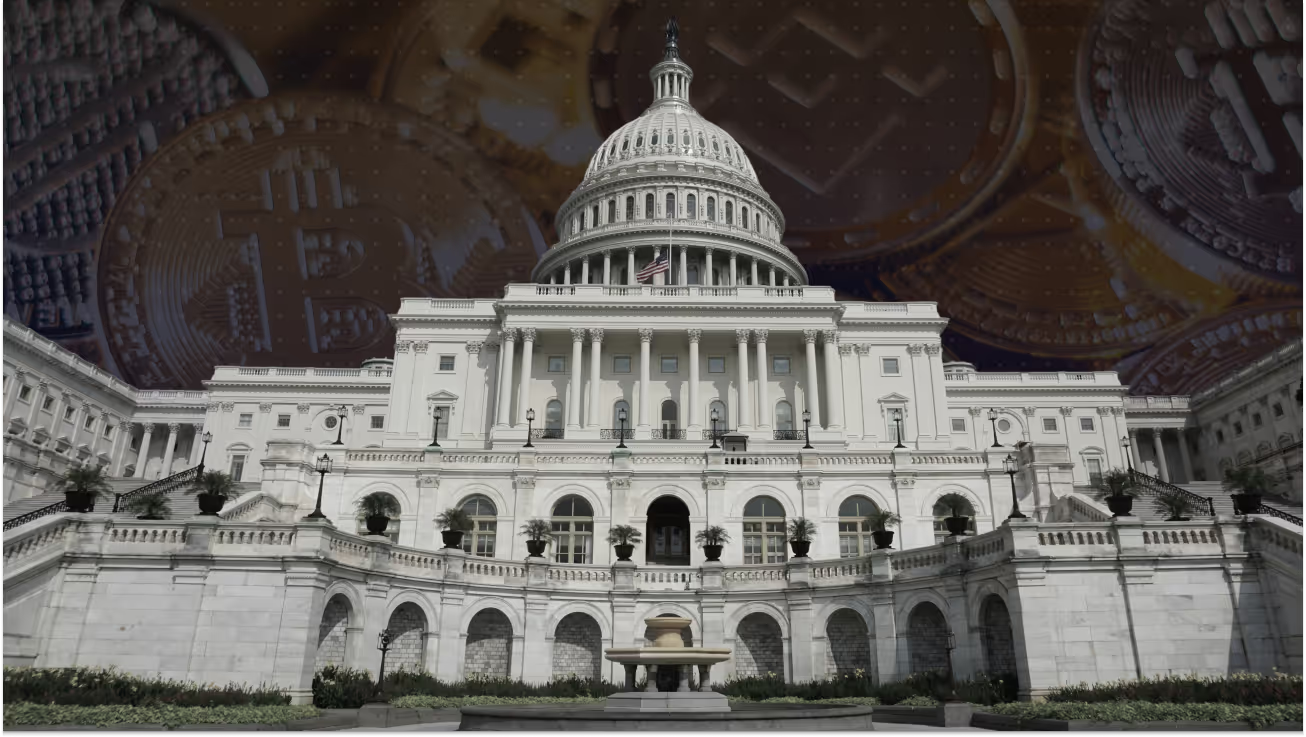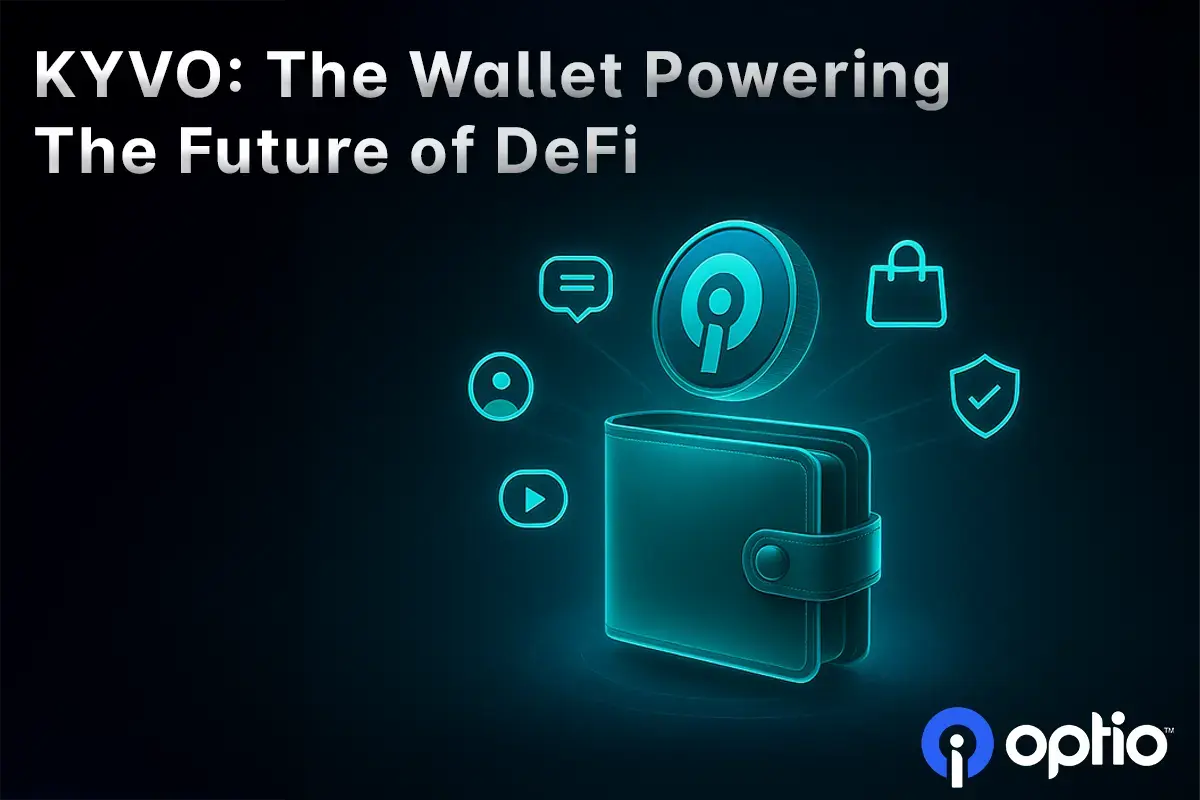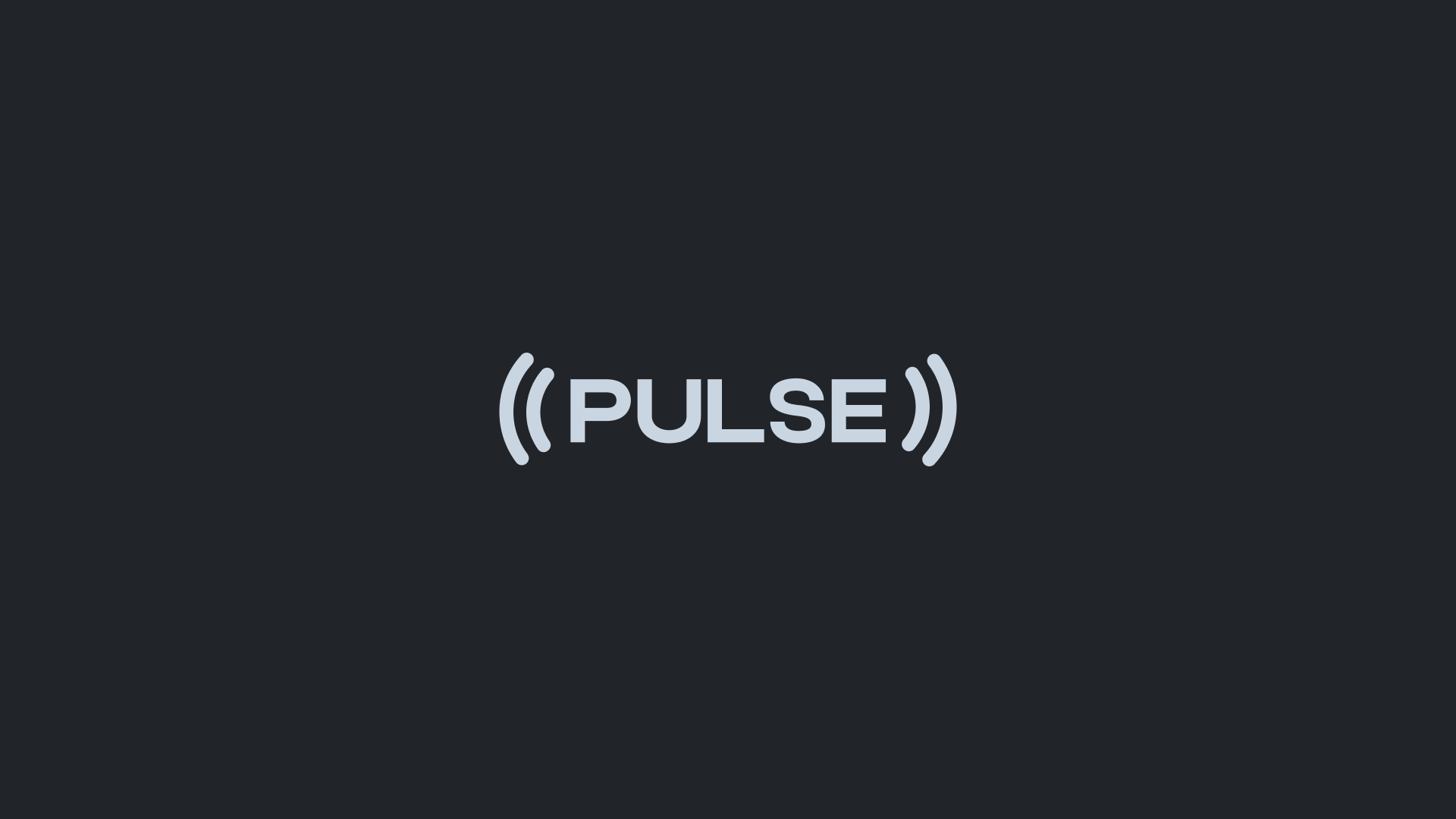What happened?
The U.S. Senate has passed a bipartisan bill establishing federal oversight for stablecoins—digital tokens designed to maintain a 1:1 value with fiat currencies like the U.S. dollar. This legislation sets clear requirements for stablecoin issuers, including:
- Full backing by liquid U.S. dollar reserves
- Licensing through regulated entities such as banks or trust companies
- Regular public disclosures of reserves and third-party audits
- Restrictions on non-U.S. issuers unless they comply with equivalent standards
This is one of the most significant federal steps toward creating a regulatory framework for digital assets in the U.S. It signals a broader shift toward responsible innovation and public confidence in the digital asset space.
Senate Passes Stablecoin Bill in Big Win for Crypto Industry
What This Means for Pulse and the Optio Blockchain
- This Signals Progress — and Highlights the Role of Utility Tokens
While the bill is designed to regulate stablecoins, it also brings renewed focus to the broader digital asset ecosystem and helps clarify the distinctions between token types. That clarity benefits projects like Pulse, which integrates with the decentralized Optio Blockchain.
Pulse users earn points through real engagement—by using Pulse-powered apps, interacting with content, or completing tasks. These points are then converted into a utility token from the Optio Blockchain. Unlike stablecoins, Optio’s utility token is not pegged to fiat currency and is not intended to serve as a payment mechanism or financial instrument.
Instead, it provides functionality within a decentralized system—unlocking features, enabling participation, and supporting meaningful engagement. This type of token is fundamentally different from stablecoins, and the new legislation helps the public, developers, and regulators better understand that distinction.
- Momentum for Mainstream Digital Asset Adoption
This legislation represents a shift toward embracing digital assets with clear rules and safeguards. Even though the Optio utility token is not within the scope of this bill, the momentum it brings is significant.
It affirms that the U.S. is moving away from regulatory uncertainty and toward practical frameworks for blockchain technology. This creates a more informed environment—where legitimate projects like Pulse can continue to grow while reinforcing trust and compliance from day one.
Importantly, the Optio token already has real utility within the Pulse ecosystem. Users can earn and use their tokens across different Pulse platforms today, and in the near future, they’ll also be able to redeem these tokens for goods and services through Cartix, a blockchain-integrated marketplace. This real-world functionality continues to expand as adoption grows, reinforcing the token’s utility-based design.
- A Stronger Foundation for Building and Educating
With frameworks becoming more defined, companies that have prioritized transparency, decentralization, and compliance are well positioned. Pulse’s integration with Optio has always focused on rewarding participation—not financial speculation.
This moment provides an opportunity to further educate partners, users, and the public about how digital rewards can serve as tools for engagement and utility—distinct from investment vehicles. It also invites thoughtful dialogue around the responsible evolution of digital systems.
Pulse Chief Compliance Officer Insight
As the Chief Compliance Officer at Pulse, I view this legislation as a positive step toward maturing the U.S. digital asset landscape. It doesn’t just regulate one type of token—it opens the door for broader understanding and more thoughtful adoption of blockchain-based systems.
The Optio Blockchain operates with decentralization at its core. The utility tokens earned through the Pulse reward system are not stablecoins, not securities, and not tied to profit expectations. They are earned through active participation and used within the ecosystem to create value through engagement.
As that ecosystem expands—especially with Cartix, the marketplace—users will have even more ways to put their digital rewards to use in real-world ways, reinforcing the purpose and utility behind the Optio token. We’ll continue to stay proactive, compliant, and transparent as regulation evolves—ensuring we remain at the forefront of responsible blockchain innovation.
Cathryn H. Bonar
Chief Compliance Officer, Pulse
Ready to Join
The Freedom Network?
Genesis block is live. $50M+ in nodes sold. 1,280+ ambassadors worldwide. The network is growing.



